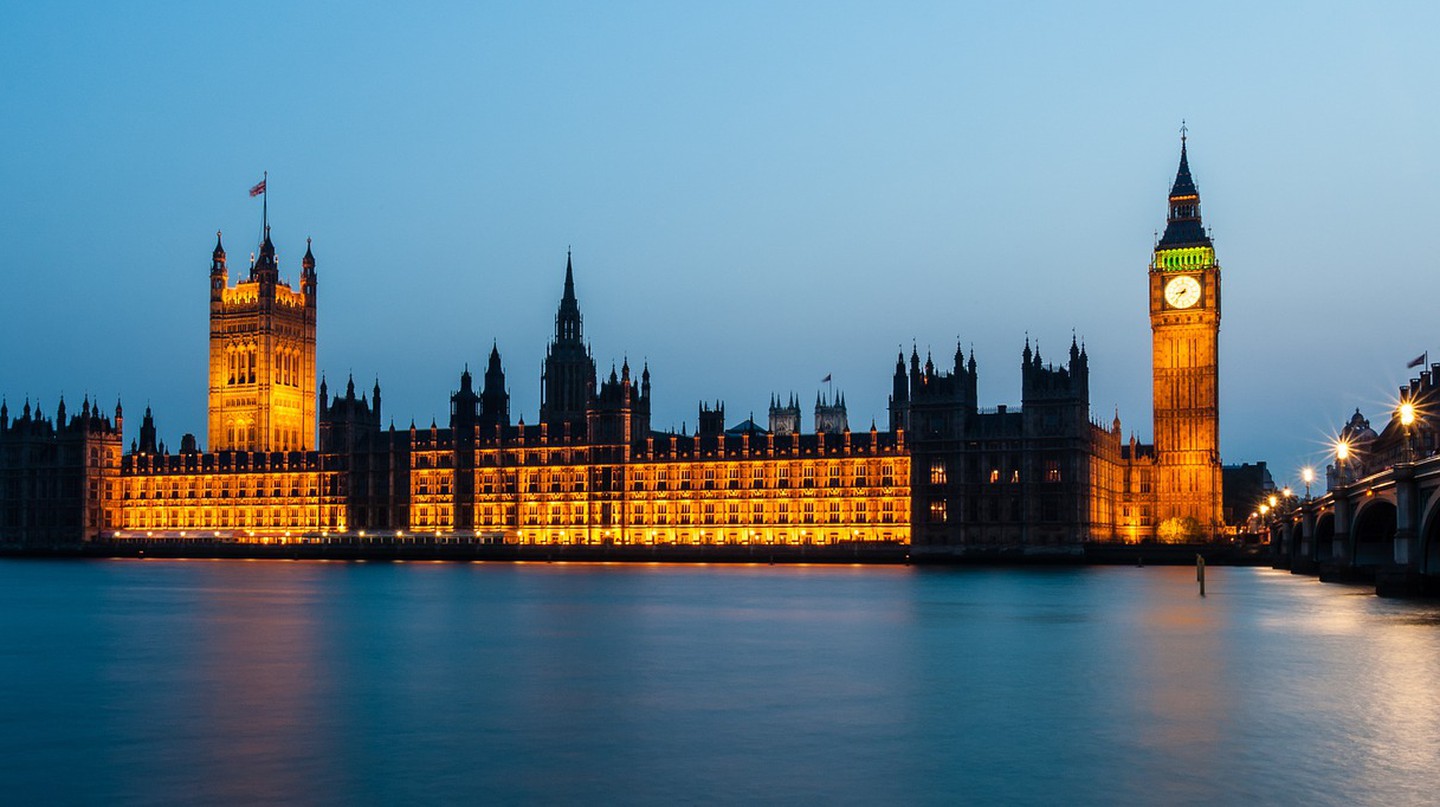The UK House of Lords is again debating and rejecting parts of the government’s controversial police legislation that could endanger freedom of expression and curb protest rights – and may end up stopping the bill entirely depending on a very tight Parliamentary schedule.
On March 31 the Lords voted, unusually for a third time, to reject the government’s attempt to impose noise restrictions on protests.
But Labour has conceded power to the police to impose start and end times on protests as a compromise in its opposition to the government’s attempts to ban protests altogether.
The proposed legislation returned to the Lords at the end of March after the Commons again rejected a series of Lords amendments to the police bill.
But the House of Commons was not due to meet again until April 19 after the Easter recess and the Lords not until April 25 – which would leave very little time before the current Parliamentary session was due to end in time for local elections on May 5 and the scheduled reopening of Parliament on May 10.
The police bill – as well as controversial elections and immigration bills – would have to be reintroduced and the whole Parliamentary voting process restarted if they are not passed before the end of the current Parliamentary session.
On the police bill, the Lords voted in January against a series of government measures that would give police widespread powers to control, restrict, or shut down protests if they were disruptive or “too noisy” – as well as other measures such as police stop and search and dealing with traveller communities.
There have been regular protests across the country opposing the bill since it was introduced in March 2021.
The government lost 14 separate votes on 17 January 2022 as well as 5 earlier ones as some Lords described the proposed laws “repressive” and “outrageous”.
The government tried to make some of its own changes to the bill in the House of Lords aimed at stopping environmental protestors for instance but the Lords blocked these.
The proposed legislation returned to the House of Commons for further debate and votes, although the blocked amendments cannot be part of it. The proposed bill has to be approved by both houses of Parliament before the parliamentary session ends in April or it will expire.
Lords defy government on protest noise
Lords defeat government for third time
Labour compromises on banning protests
Key government legislation faces tricky timetable
Government nationality and borders bill will not fix broken asylum system
Open Democracy on government elections bill
Hidden agendas
Amnesty International on human rights in the UK
Parliament UK police bill chronology
Lords defeat government – January 2022
“Kill the Bill” protests
AEJ – an authoritarian rule book?
More on the police bill








